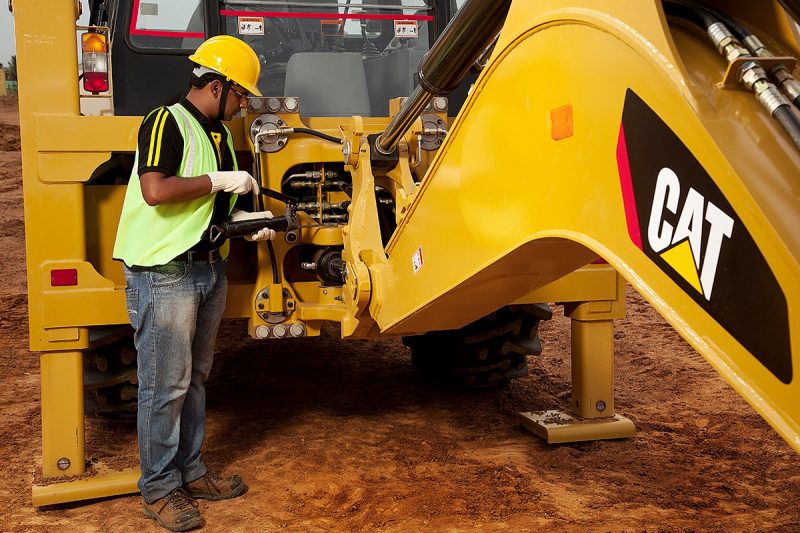Heavy machinery, especially construction equipment, requires constant maintenance to keep it in good working order. Conversely, poorly maintained large machinery equipment runs inefficiently. Breakdowns are costly and safety is also an important consideration.
The following are important maintenance tips that will ensure an extended construction equipment life, hence getting value for your money.
Stay updated on large machinery operator training
Many types of large machinery have multiple operators. One of the ongoing inspections on any checklist should be overseeing the correct operation of the equipment.
Large machinery should be inspected as soon as they are purchased. Operator training is usually done at that point, but training needs to be done from time to time. Employees come and go, skills become rusty and poor operation leads to breakdowns.
Operator manuals can be revised for the specific work situation. They can be rewritten in simpler language. A short manual can be provided to each operator for easy reference. And, if you operate in a paperless environment, you can rest assured operators use the most current version of each manual.
One other note is to identify best practices, which can then be applied to other facilities or geographic locations. The knowledge you learn about how to maintain your equipment can become quite valuable. Be sure to best leverage this important knowledge and use it at every applicable location.
Add and test lubricants frequently
Lubricants reduce friction around any moving part. A schedule of good lubrication maintenance extends the life of large machinery equipment and parts.
Lubrication is one of the first and most important of maintenance checks. Look for signs of excess oil or grease build-up on pistons. Check for leaks around oil seals.
Make sure you use the right lubricant. There are specific kinds of oil and grease for every component. Check the manufacturer’s recommendations.
Getting the lubricants checked is a good way to diagnose problems with large machinery. Experts analyze particles in the used oil. The makeup of any contaminants will indicate which part may be suffering from wear or breakdown.
Check for signs of wear
Vibration, shock, high temperatures, friction and age all contribute to the breakdown of parts in heavy machinery.
- Vibration can come from gears and belts that are out of alignment
- Shock can come from accidents and from poor operator technique
- High temperatures can come from extended use, friction, poor lubrication and worn parts, among other reasons
- Age affects many key components. Over time, belts will warp. Seals will dry and crack. Bolts will loosen and stretch out of shape. Age is a factor to monitor in equipment.
Should you discover wear and tear on any moving parts within your heavy equipment, be sure to quickly perform the necessary replacement of any worn parts.
Keep the machinery clean and well stored
There are many seals and filters in place on heavy machinery to keep working parts clean and free of contamination. Seals should be inspected regularly to make sure they’re in good condition. Filters should be inspected and changed regularly. Breathers should be kept clean to avoid creating a vacuum in the cab which will suck contaminants into the cab. The electronics in the cab are susceptible to breakdown if contaminated. This impacts the clutch, for example.
Large machinery should be stored in a shed or other building if at all possible. Exposure to wind and weather can lead to rust and rot. The machinery should be run periodically if it is not in use.

I have a friend that is thinking about getting a maintenance service. She is worried that she might not be able to get the right help and has been asking around for help. It might be useful for her to look for signs of wear especially with equipment involved in accidents.
This was really a great post to remember.I love the topic
If a machine was being run by me then I would want to know that everything is in the right place and working the right way. I think that it might be important to do a quick inspection before running any machinery or packaging it.